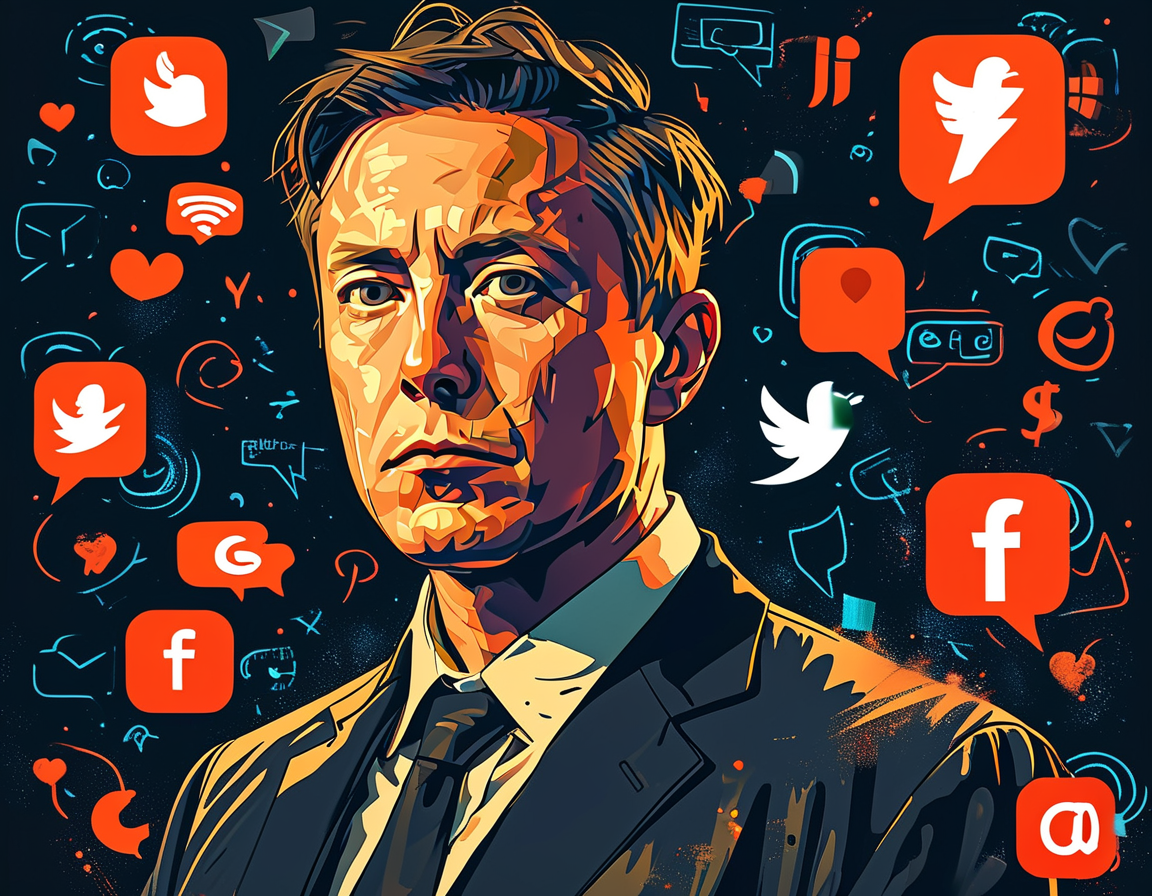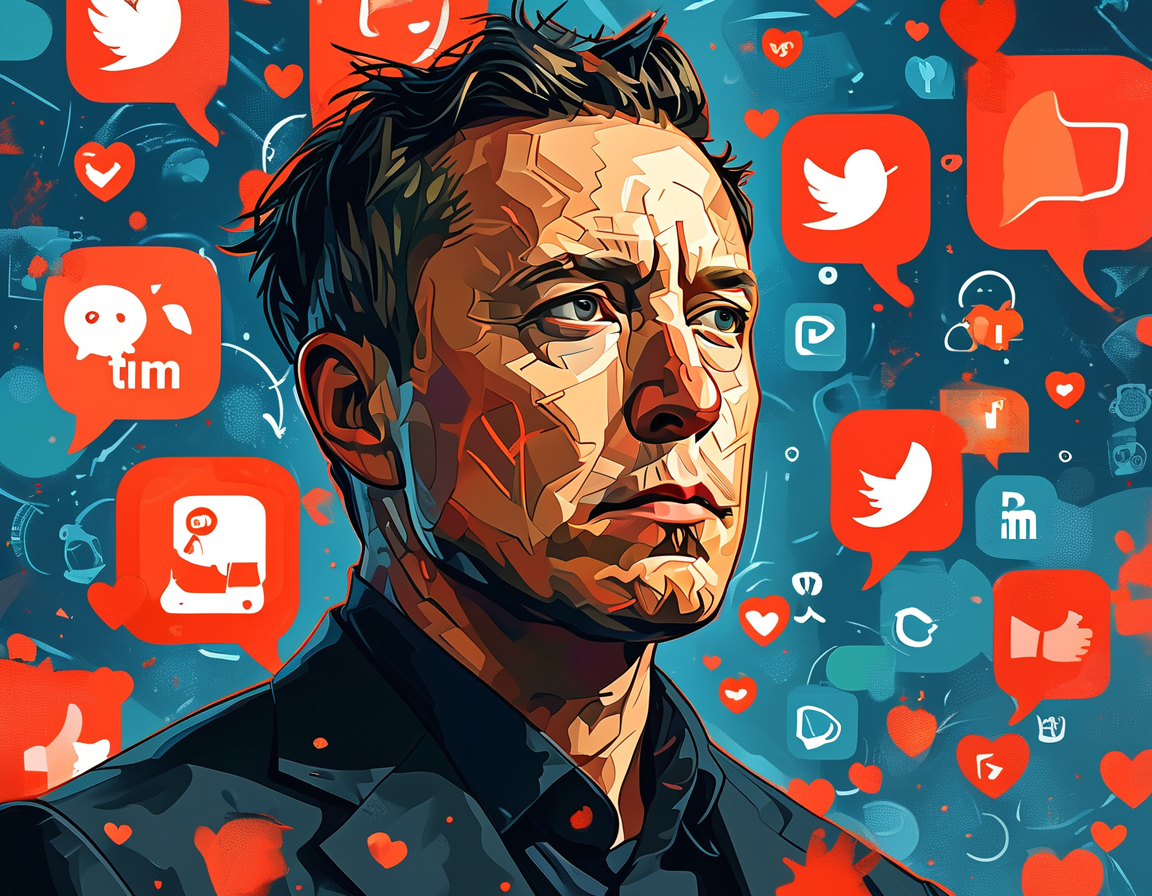In 2022, Elon Musk acquired Twitter for a staggering $44 billion. This move set off shockwaves across the digital landscape. Social media users were left wondering: What would this mean for their favorite platform?

Musk quickly implemented sweeping changes. He shook up content moderation policies and revamped subscription models. Workforce reductions also made headlines. Some praised his bold approach, seeing it as a path to innovation. Others, however, expressed concern about potential harm to the platform’s credibility.
Let’s consider the impact of content moderation. Musk’s new policies aimed to foster free speech. But do they risk allowing harmful content? Critics worry that unfiltered discourse could lead to misinformation. Isn’t the balance between free expression and responsible moderation critical?

Subscription models like Twitter Blue sparked conversations too. Originally focused on enhancing user experience, they shifted to profit-driven motives. While some appreciate the new options, others feel alienated. Shouldn’t a user-friendly platform prioritize accessibility over revenue?
Additionally, the workforce reductions left many feeling unsettled. Talented individuals were shown the door. This has sparked debates about corporate responsibility. Can a healthy work environment coexist with such drastic cuts?

Musk’s vision for Twitter continues to evolve. With each change, he invites feedback and scrutiny. Yet, as users, we should ask ourselves—what do we want from Twitter? Innovation is great, but not at the cost of our community’s trust. The future of social media hinges on finding this delicate balance.
Leave a Comment